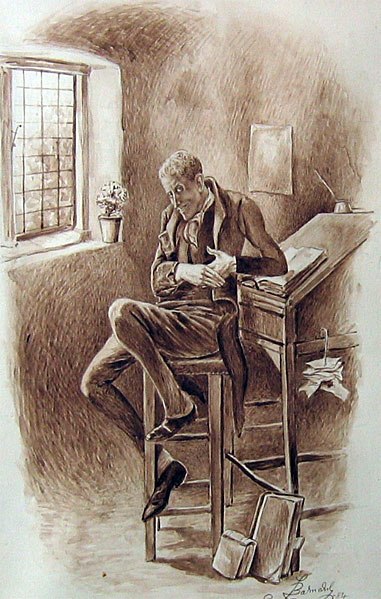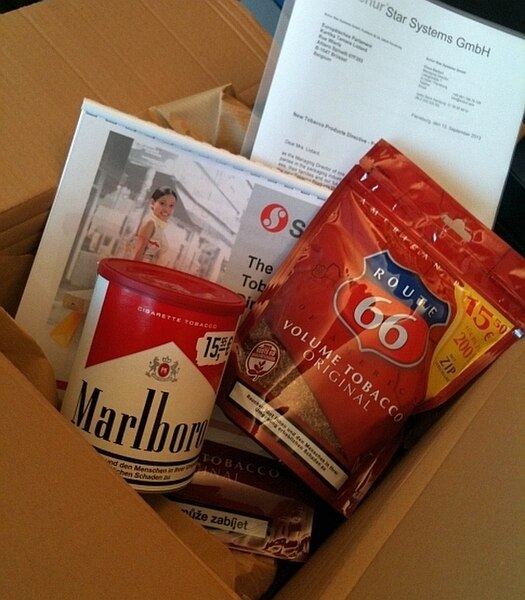Research is "creative and systematic work undertaken to increase the stock of knowledge". It involves the collection, organization, and analysis of evidence to increase understanding of a topic, characterized by a particular attentiveness to controlling sources of bias and error. These activities are characterized by accounting and controlling for biases. A research project may be an expansion of past work in the field. To test the validity of instruments, procedures, or experiments, research may replicate elements of prior projects or the project as a whole.
Aristotle, (384–322 BC), one of the early figures in the development of the scientific method
Primary scientific research being carried out at the Microscopy Laboratory of the Idaho National Laboratory
Scientific research equipment at MIT
German maritime research vessel Sonne
Bias is a disproportionate weight in favor of or against an idea or thing, usually in a way that is inaccurate, closed-minded, prejudicial, or unfair. Biases can be innate or learned. People may develop biases for or against an individual, a group, or a belief. In science and engineering, a bias is a systematic error. Statistical bias results from an unfair sampling of a population, or from an estimation process that does not give accurate results on average.
Confirmation bias has been described as an internal "yes man", echoing back a person's beliefs like Charles Dickens' character Uriah Heep.
Box offered by tobacco lobbyists to Dutch Member of the European Parliament Kartika Liotard in September 2013
Suffragette organizations campaigned for women's right to vote.







